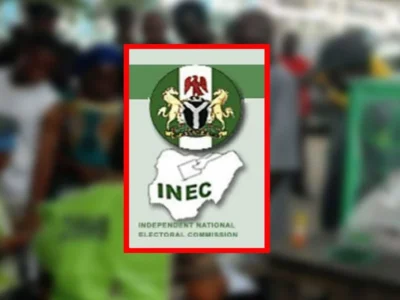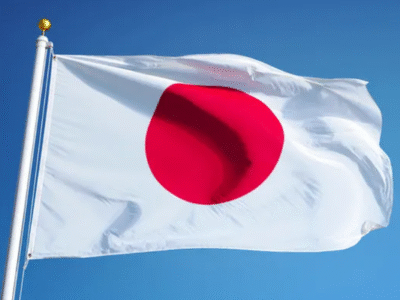Nigeria’s telecommunications industry has undergone one of its most dramatic shake-ups in recent years, with active voice subscriptions dropping by 59.7 million in 2024 due to the strict enforcement of the National Identification Number–Subscriber Identity Module (NIN-SIM) policy, according to the Nigerian Communications Commission’s (NCC) 2024 Subscriber/Network Performance Report.
Active subscriptions declined from 224.7 million in 2023 to 164.9 million by December 2024 — a steep 26.6 per cent year-on-year fall. The NCC attributed the sharp drop to the nationwide deactivation of SIM cards not linked to verified NINs, alongside corrections made by a major mobile operator to resolve long-standing subscriber count inconsistencies.
The cleanup exercise followed the Federal Government’s multi-year drive to link all SIMs to valid NINs, a policy introduced on February 4, 2020. After multiple deadline extensions throughout 2023 and 2024, authorities enforced a final cutoff on September 14, 2024. From September 15, any SIM without a verified NIN was automatically disconnected.
Government officials say the linkage policy is crucial for curbing criminal activities enabled by anonymous SIM cards, strengthening national security, improving identity management, enhancing digital payments, and expanding financial inclusion.
By September 2024, President Bola Tinubu announced that more than 126 million Nigerians had been captured in the National Identity Database, with capacity expanded from 100 million to 250 million records to reduce enrollment bottlenecks.
The impact of the NIN-SIM purge was also reflected in teledensity, which dropped from 103.66 per cent in 2023 to 76.08 per cent in 2024. Internet subscriptions fell from 163.8 million to 139.3 million — a loss of 24.6 million users, representing a 14.98 per cent decline.
Despite the sharp contraction, the sector continued expanding its infrastructure footprint. Nigeria now boasts over 95 per cent cellular coverage, while broadband penetration inched up from 43.71 per cent to 44.43 per cent, driven by widespread availability of 3G (89 per cent), 4G (84 per cent) and growing 5G (13 per cent) networks.
Fresh NCC figures indicate that the market is beginning to rebound. Active telephone subscriptions rose to 173.54 million in September 2025, up from 171.57 million in August, signalling steady post-cleanup recovery. Internet subscriptions on GSM networks also grew slightly to 140.36 million, while teledensity improved to 80.05 per cent.
The trends suggest that, after the turbulence of the NIN-SIM enforcement, Nigeria’s telecom sector is stabilising and regaining momentum.




















Comments